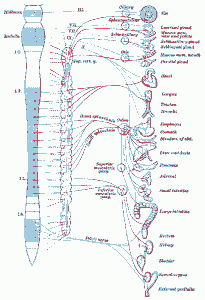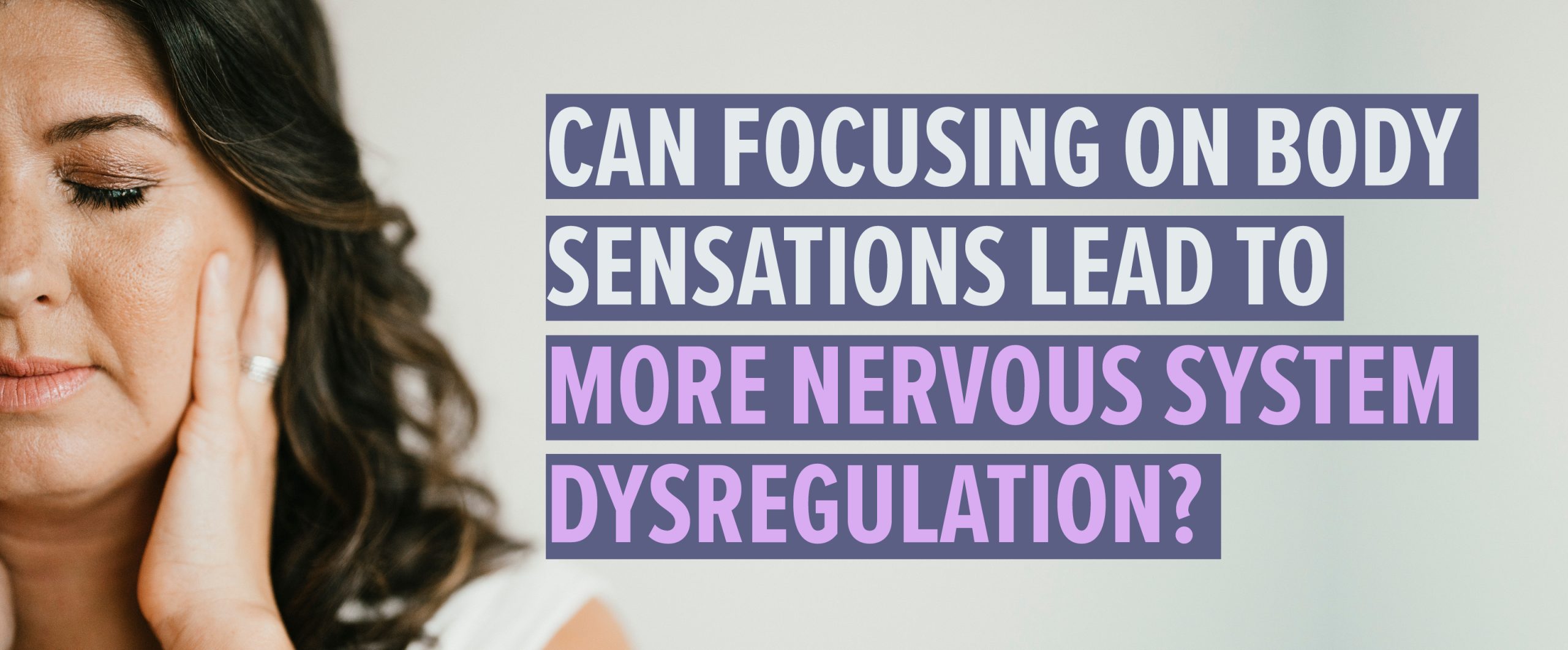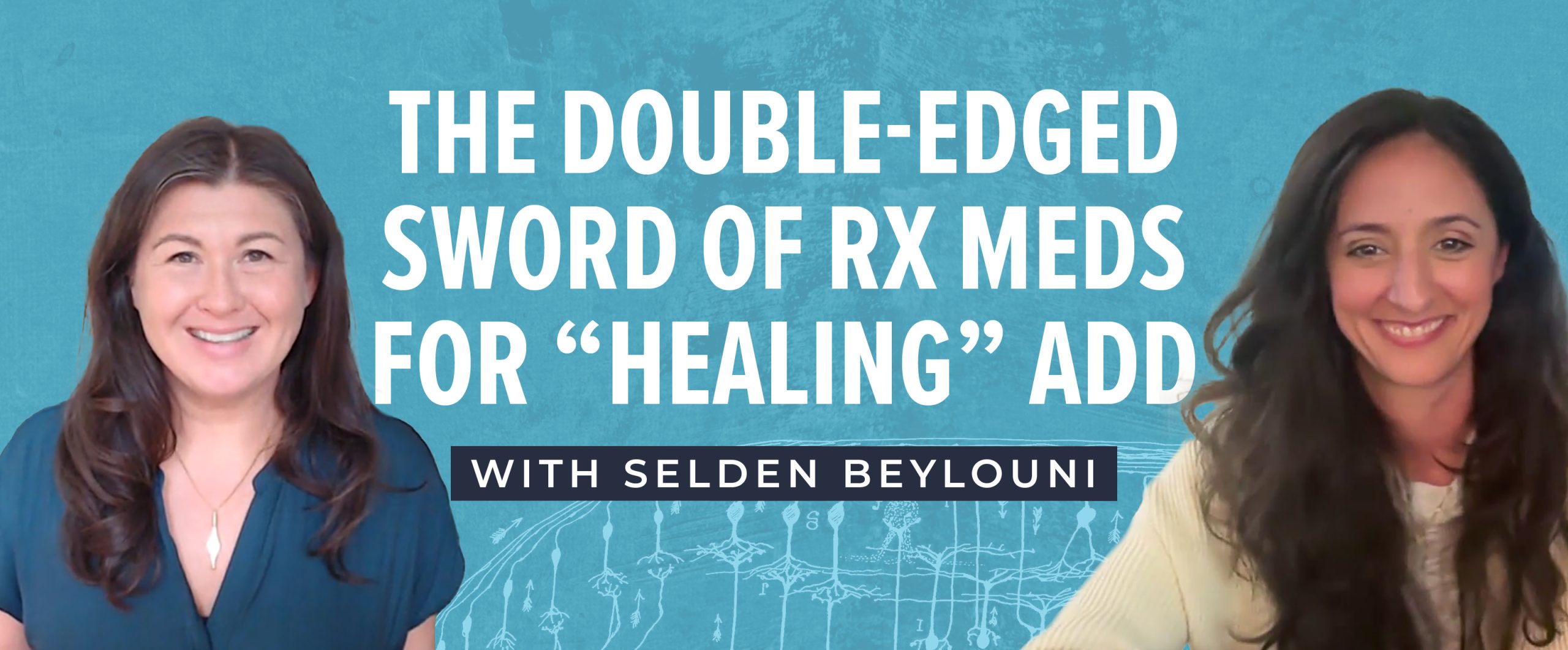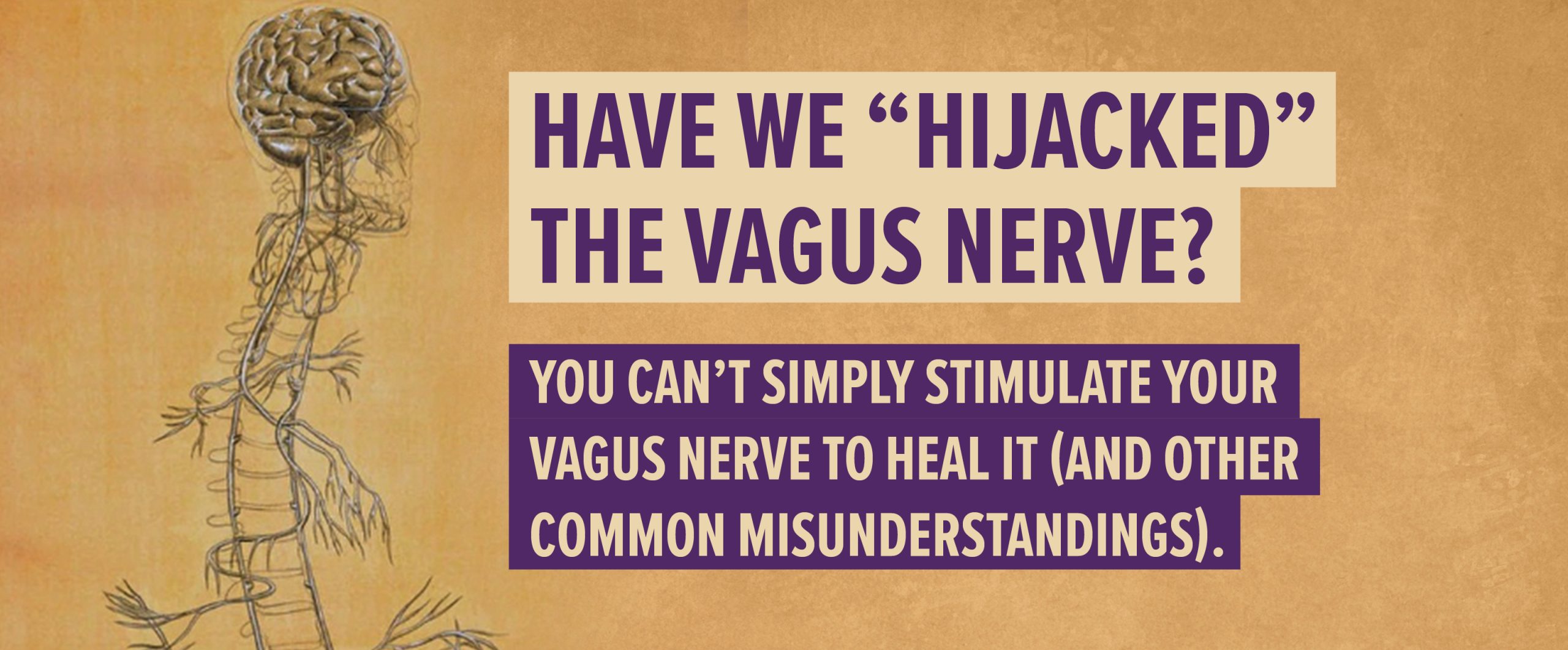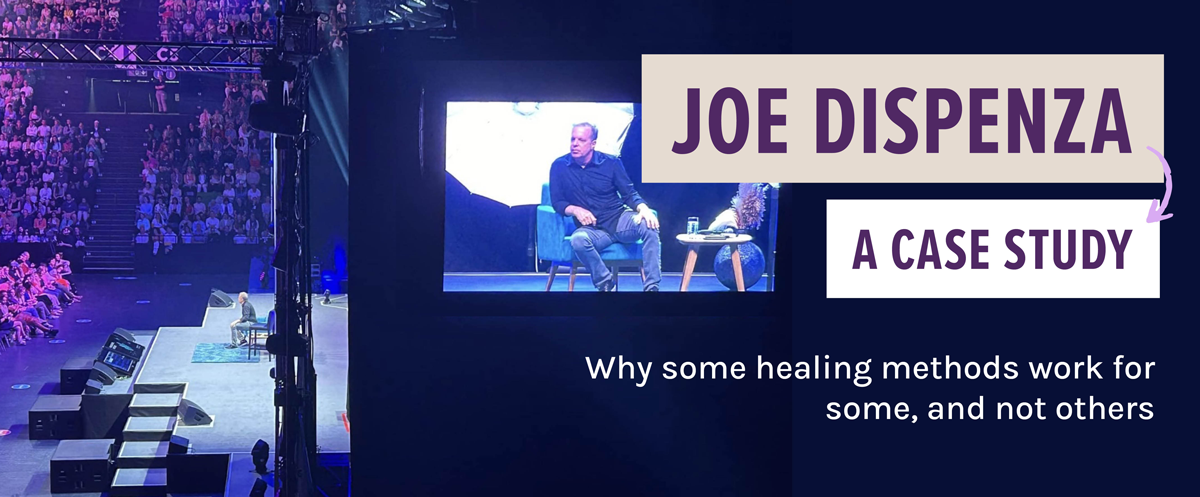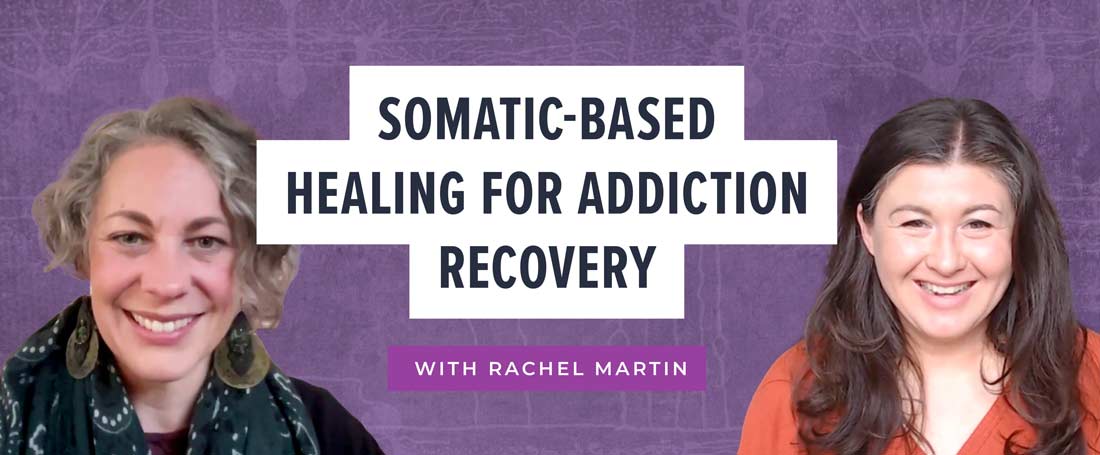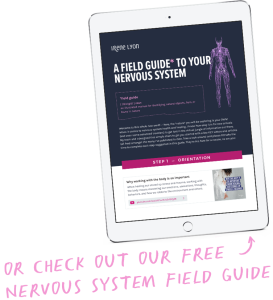Today I ponder this: “Belly or Brain”
A tiny bit of background. Moshe Feldenkrais’ theories really got me jiving with the brain. Recently I’ve been studying the work of Dr. Peter Levine. The latter has put me back to my first love of physiology and biology. It has got me thinking about how the “brain and belly” coordinate to make a functioning human being.
The brain’s important, but
now that I have pondered both sides of this shiny coin we call human being and the environment we live in, I am starting to wonder if we are praising the brain a little too much. Sure we need it – we need to tap its intelligence, how to learn more efficiently, how to differentiate and refine and most importantly how to integrate a more evolved brain into daily function – but we also need all the ‘other’ stuff, stuff we seem to have got away from in the advent of realizing we do actually have a brain capable of amazing tricks.
Dr. Levine’s lifelong study, his theories and practice, have thrown me into another system within the body; that of our viscera, or as some might simply know as our “gut”.
The actual term for being able to sense our viscera, our gut, our ‘insides’ is called “interoception”.
Interoception is the ability to actually sense the internal milieu of our body, the ability to be sensitive to the stimuli – the stressors, both good and bad – that originate “INSIDE” the body. How this happens in theory is tricky, but for now consider this an intro.
You see, we need both!
We need to be able to sense our external environments, like hot and cold. We need to sense pain and physical discomfort in order to protect ourselves from harm. Such sensation we get from the contact our skin and joint receptors have with the outside world, like a thumb tack piercing our finger, or a metal object pressing into our back when we ride the subway, or the pressure under your butt as you read this. Such sensations give us clues to where we are in relationship to our environment. Very important.
But dear friends, the ability to be privy to what goes on inside, like really inside, is important too.
The problem is that we get really good at ignoring our internal sensations. As young ones, as babies, kids, this is what we know, it is all that we know.
“Mom I have a tummy ache.” Ever hear those words? I know I said them a lot when I was a wee little one.
It isn’t necessarily that little Bobby or Suzie ate something bad, it could be that he or she simply doesn’t fell well with what he is experiencing in their environment (at school, with parents fighting, having to do something he doesn’t want to do). From the start, we know when something isn’t right, it is built into us, it is our protection. As we get bigger, and as we have to deal with “adult-life” we start to ignore these internal sensations (for too many reasons to mention at this moment) – this to sum up bluntly – makes us very sick and disconnected.
We frequent such internal disconnection without even realizing it – why? – cause it’s historically been what is required of us. Typically those who go with gut instinct and a simple ‘knowing’ are seen as “fru fru”, “woo woo” and “hippie”. Well, I must say that those woo woo folk are being incredible smart, and I’d like to say that being hippie actually should be consider ‘hip’ when it comes to this kind of internal listening.
Again, YES, the brain is very important. But, it is still just another system in the body. Yes, it is an important one, but not the only one, and definitely not the most refined nor the most wise. Our higher brain centres are the most new of all our systems. So far.
I was attending a lecture when a senior instructor of Somatic Experiencing, Kathy Kain, said this:
“Kids will go bananas when adults ‘fake’ liking each other.”
This perked my intellect and interoception. She continues,
“What seems to be happening is that the brain is getting all the credit now and folk are looking at the human system as a top-down hierarchy – so brain at top, and the rest below, we seem to think that brain is in charge of everything – but, this is not the case – the term interoception (reception of sensory stimuli in the walls of hollow internal organs) is important to note. A significant amount of info about how we are (how safe we are) arises from the organ systems, the viscera. For example: kids will go bananas when adults “fake” liking each other……they know the ‘faking’ through their visceral system.”
Kids, they JUST KNOW!
Gut instinct, butterflies in your stomach, I can feel it in my gut, gut knowing. You know this.
Right?
Bad situations are felt, not thought.
Malcolm Gladwell, author and writer for The New Yorker has written about this concept of gut instincts in his book Blink: The power of thinking without thinking. (I highly recommend the read)
Maybe next time you have an important problem to solve, or decision to make – see what happens if you listen and are guided by your interoception and not your intellect. By your belly and not your brain.
Thanks for reading, Irene.

